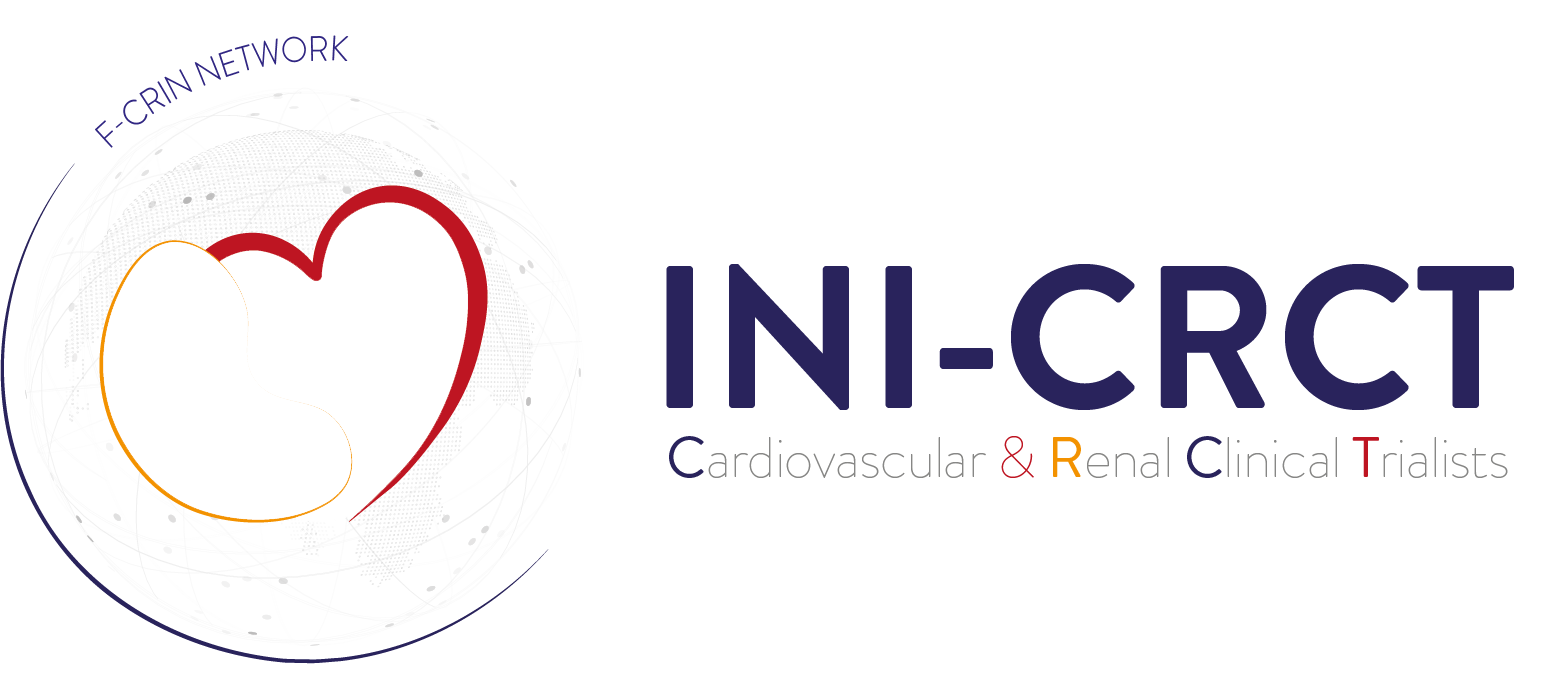The Cohorts
What is a cohort?
Consisting of a set of individuals followed individually over time, cohorts aim to identify the occurrence of health events of interest and related risk or protective factors. Cohorts are one of the reference instruments for epidemiological and public health research.
The STANISLAS cohort, whose members were recruited between 1993 and 1995, is composed of 1006 families, i.e. 4295 people in total. All members are from the Nancy region and had no chronic disease at the beginning of the study. The families of this STANISLAS Cohort are obligatorily composed of two parents and at least two biological children.
The CKD-REIN (Chronic Kidney Disease - Epidemiology and Information Network in Nephrology) study will follow 3,000 patients with all types of chronic kidney disease for 5 years. The unprecedented size of this cohort will generate a wealth of data that will help answer many questions from patients, physicians and researchers. The cohort is supported by the "Investissement d'avenir" programme.

HAMA : Under construction

